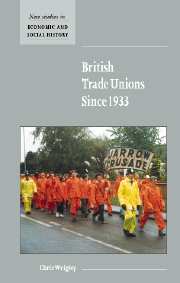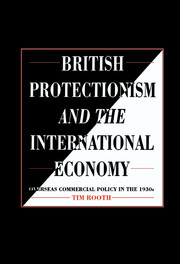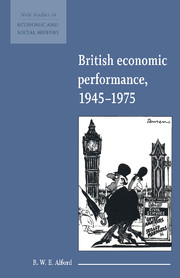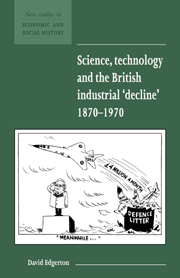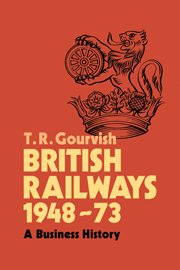British Trade Unions since 1933
This textbook reviews major issues concerning the history of British trade unions in the last two-thirds of the twentieth century. Even with the decline in membership of the 1980s and 1990s, trade unions in Britain have remained the largest voluntary organisations in the country and the total membership has remained larger than in most other countries. The book discusses many major aspects of trade unionism and many controversies concerning it, including strikes (sometimes seen as a peculiarly 'British disease'). Trade union presence in the labour market has been deemed a cause of higher unemployment and lower productivity. The trade unions have been accused of being insensitive on gender and ethnicity. They have also been accused of being corporatist, unelected partners in government (especially in the 1940–79 period). Overall, this book gives students a lucid introduction to the recent history of British trade unionism.
- Up-to-date analysis of the recent history of trade unions
- Brief and accessible
- Has a comparative dimension
Reviews & endorsements
"...an ideal introductory text for students or academics, or indeed for anyone wanting to find out about British trade union history. Chris Wrigley's lucid book, with its extensive references, will make it easy for anyone to enter into the debates about these changes and decide for themselves what to make of the British trade union movement since 1933." Peter Weiler, Boston College, Canadian Journal of History
Product details
January 2003Hardback
9780521572316
116 pages
216 × 140 × 11 mm
0.3kg
Available
Table of Contents
- 1. Introduction
- 2. Economic recovery and war, 1933–45
- 3. Trade union development, 1945–2000
- 4. Strikes, 1945–2000
- 5. Incomes policies, 1948–79
- 6. Trade union legislation, 1945–2000
- 7. What trade unions have done.

